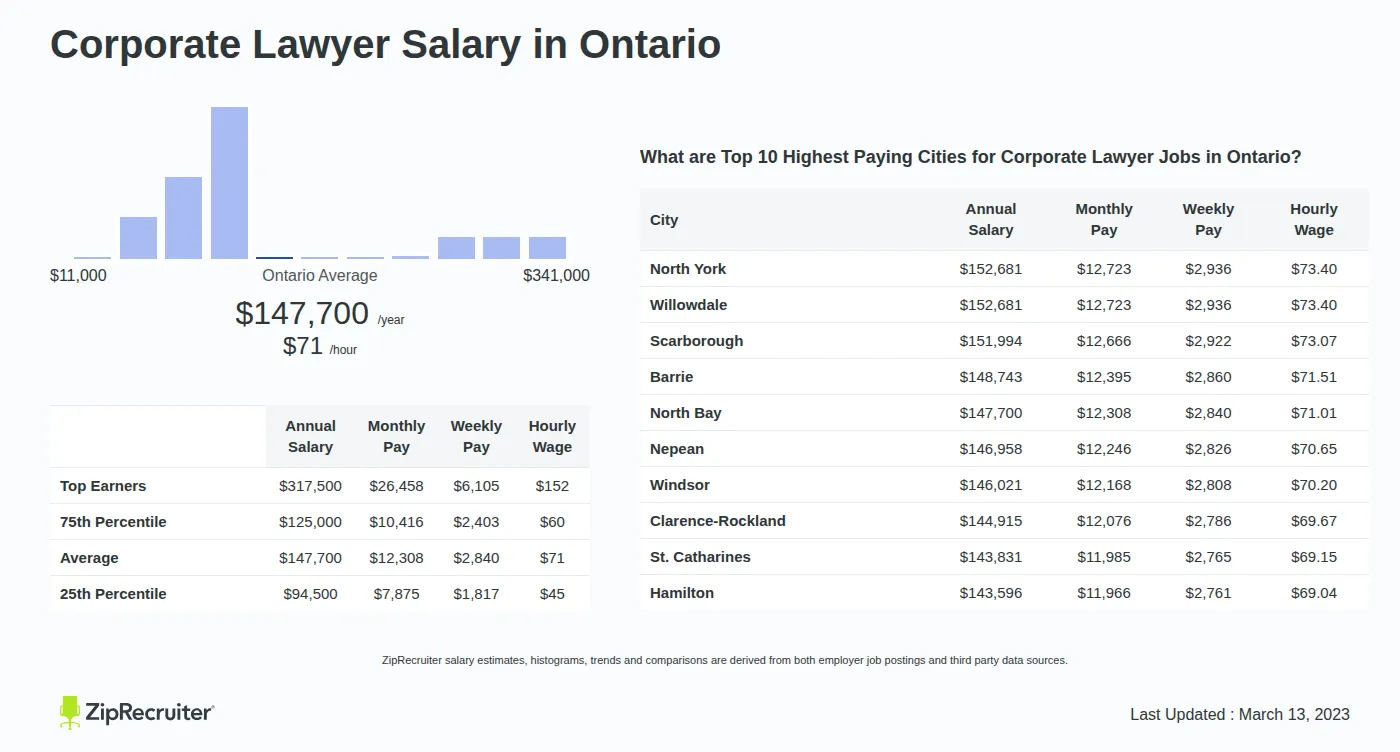Introduction
In the dynamic landscape of employment, understanding and safeguarding your rights as an employee is crucial. Employer retaliation, unfortunately, is a reality that many individuals face in the workplace. This article delves into the intricacies of employer retaliation, shedding light on the importance of legal recourse and the role of an employer retaliation lawyer.
Common Types of Employer Retaliation
Unfair Termination
One of the most blatant forms of retaliation is unjust termination. We explore instances where employees face the abrupt end of their employment as a result of their actions or complaints against the employer.
Demotion
Demotion as a punitive measure can be a subtle yet impactful form of retaliation. We discuss cases where employees find themselves relegated to lower positions due to expressing grievances.
Harassment
Retaliatory harassment can manifest in various ways, creating a hostile work environment. We uncover the nuances of harassment as a tool for employers to penalize dissent.
Salary Reduction
Financial repercussions can be wielded as a weapon in employer retaliation. We examine cases where salary cuts are used as a form of punishment.
Legal Framework
Employment Laws Protecting Against Retaliation
Understanding the legal protections in place is crucial for employees. We explore the laws that shield individuals from retaliation and provide insights into their application.
Elements of a Retaliation Claim
To pursue a retaliation claim successfully, certain elements need to be established. We break down the components of a strong legal case against employer retaliation.
Signs of Employer Retaliation
Sudden Negative Performance Reviews
Unwarranted negative reviews can be a red flag. We explore how sudden changes in performance evaluations can indicate underlying retaliation.
Exclusion from Meetings or Projects
Being deliberately excluded from crucial meetings or projects can be a form of isolation. We discuss how such actions may signal employer retaliation.
Unexplained Changes in Job Duties
Abrupt alterations in job responsibilities can be a subtle form of punishment. We examine how these changes can impact an employee’s professional standing.
Reporting Employer Retaliation
Internal Reporting Mechanisms
Many companies have internal reporting systems. We guide employees on utilizing these channels to report instances of retaliation.
Seeking Legal Counsel
When internal mechanisms prove ineffective, seeking legal advice becomes imperative. We explore the steps individuals can take to consult with an attorney.
Building a Strong Case
Documenting Instances of Retaliation
Thorough documentation is key to a successful retaliation claim. We provide practical tips on how employees can meticulously record instances of retaliation.
Gathering Witnesses and Evidence
The strength of a case often lies in corroborating evidence. We discuss the importance of witnesses and additional evidence in building a robust legal case.
Challenges in Pursuing Retaliation Claims
Fear of Further Retaliation
The fear of additional repercussions can deter employees from pursuing legal action. We address strategies for overcoming this hurdle.
Burden of Proof
Establishing a retaliation claim requires substantial evidence. We examine the challenges employees face in meeting the burden of proof.
The Role of an Employer Retaliation Lawyer
Legal Expertise
Employer retaliation cases necessitate legal expertise. We explore the pivotal role an employer retaliation lawyer plays in advocating for employee rights.
Advocacy for Employee Rights
Beyond legal guidance, a lawyer serves as an advocate. We discuss how legal professionals can champion the cause of employees facing retaliation.
Steps to Take When Facing Employer Retaliation
Stay Calm and Collected
Maintaining composure is essential when facing retaliation. We provide actionable steps for employees to navigate challenging situations.
Know Your Rights
Empowering employees with knowledge is crucial. We outline the rights individuals have when confronted with employer retaliation.
Consult with an Attorney
Seeking legal counsel is a pivotal step in addressing retaliation. We guide individuals on the process of consulting with an attorney.
Recent Legal Cases
Highlighting Successful Retaliation Claims
Examining recent legal victories sheds light on the potential outcomes of retaliation cases. We showcase instances where justice prevailed.
Legal Precedents
Legal precedents set the stage for future cases. We explore landmark decisions that have shaped the landscape of employer retaliation law.
Proactive Measures for Employers
Establishing Anti-Retaliation Policies
Prevention is key. We discuss the importance of employers implementing policies that discourage and penalize retaliation.
Educating Employees and Management
Creating awareness is essential. We delve into the significance of educating both employees and management about the detrimental effects of retaliation.
Importance of Documentation
Keeping Records of Interactions
Documentation is a powerful tool. We emphasize the significance of maintaining detailed records of all relevant interactions in the workplace.
Communication with HR
Open communication with HR is vital. We guide employees on effectively communicating their concerns to human resources.
Navigating the Legal Process
Filing a Complaint
Taking the legal route requires specific steps. We break down the process of filing a complaint against employer retaliation.
Potential Outcomes
Understanding potential outcomes is essential for informed decision-making. We explore the various resolutions that may arise from a retaliation claim.
Seeking Compensation
Damages in Retaliation Cases
Employees may be entitled to compensation. We discuss the types of damages individuals can seek in employer retaliation cases.
Settlements and Verdicts
Examining past settlements and verdicts provides insights into the potential resolutions of retaliation cases. We highlight notable examples.



